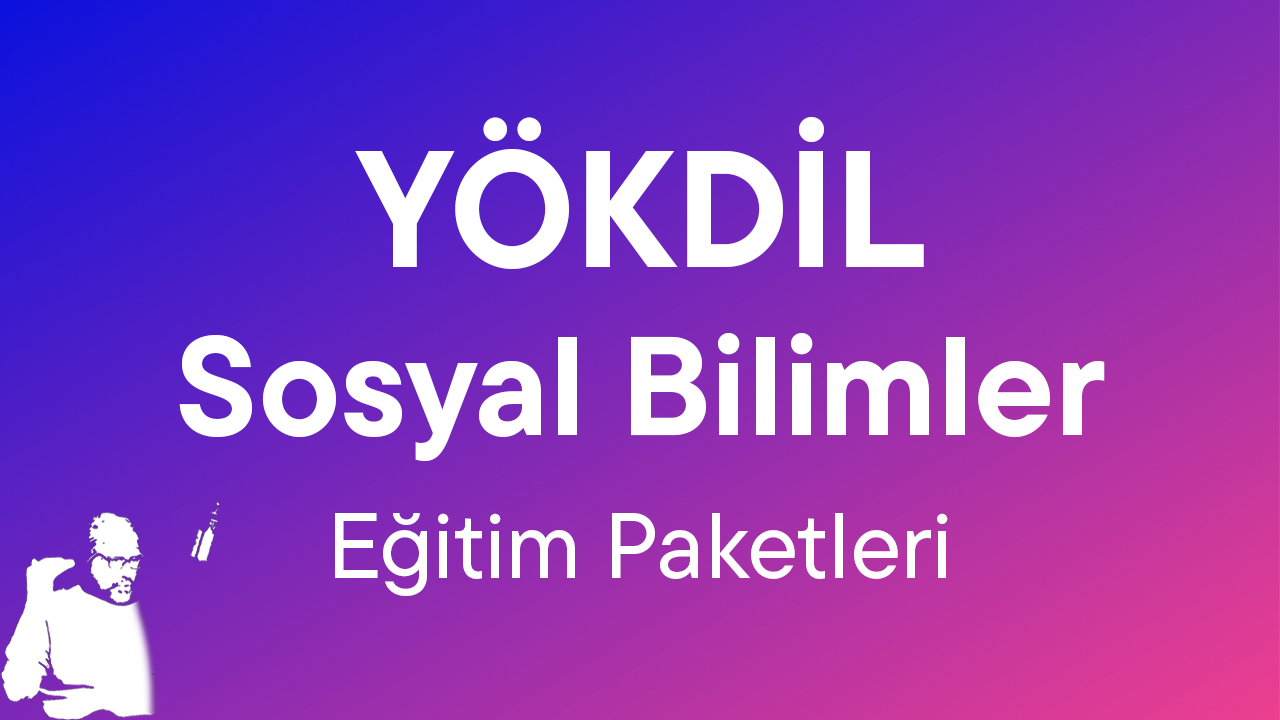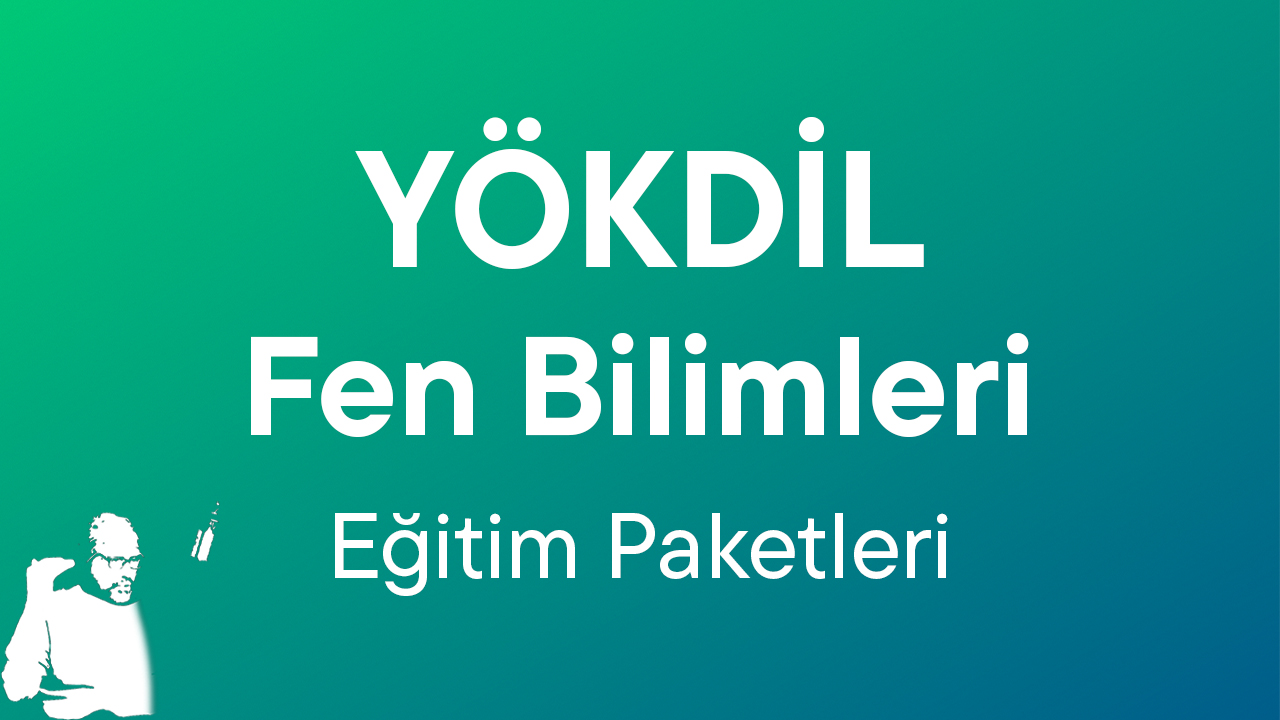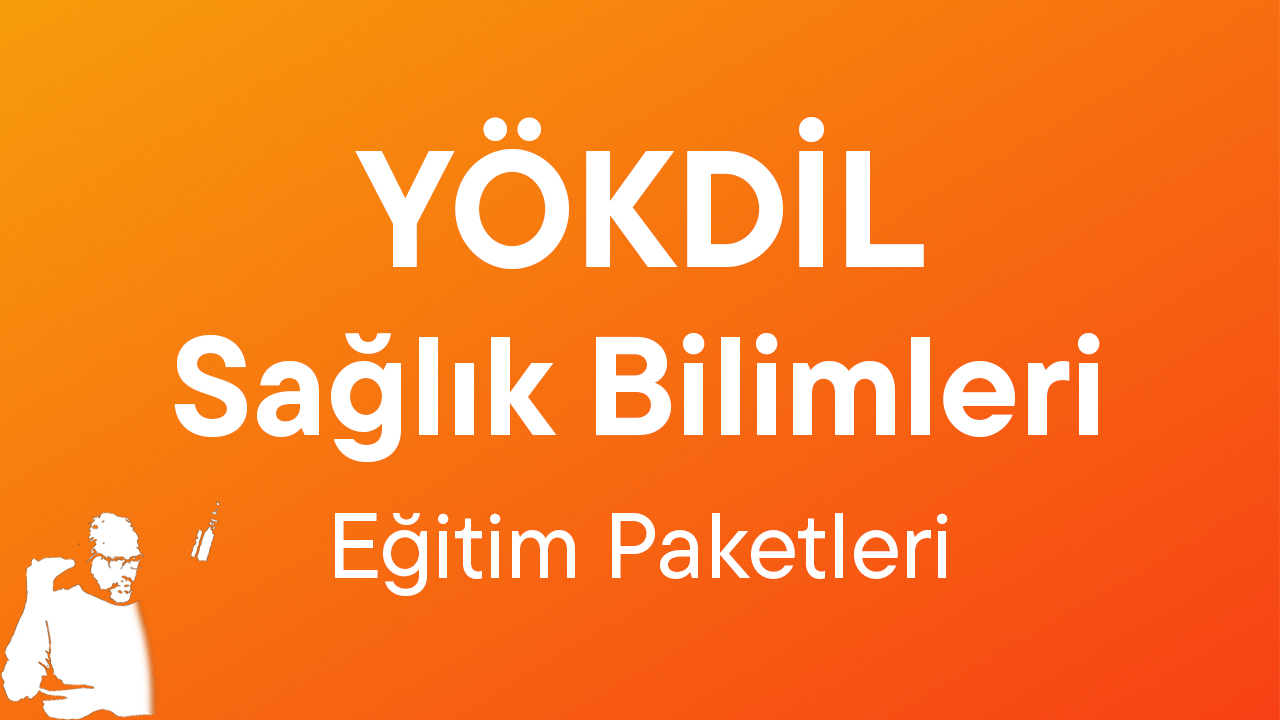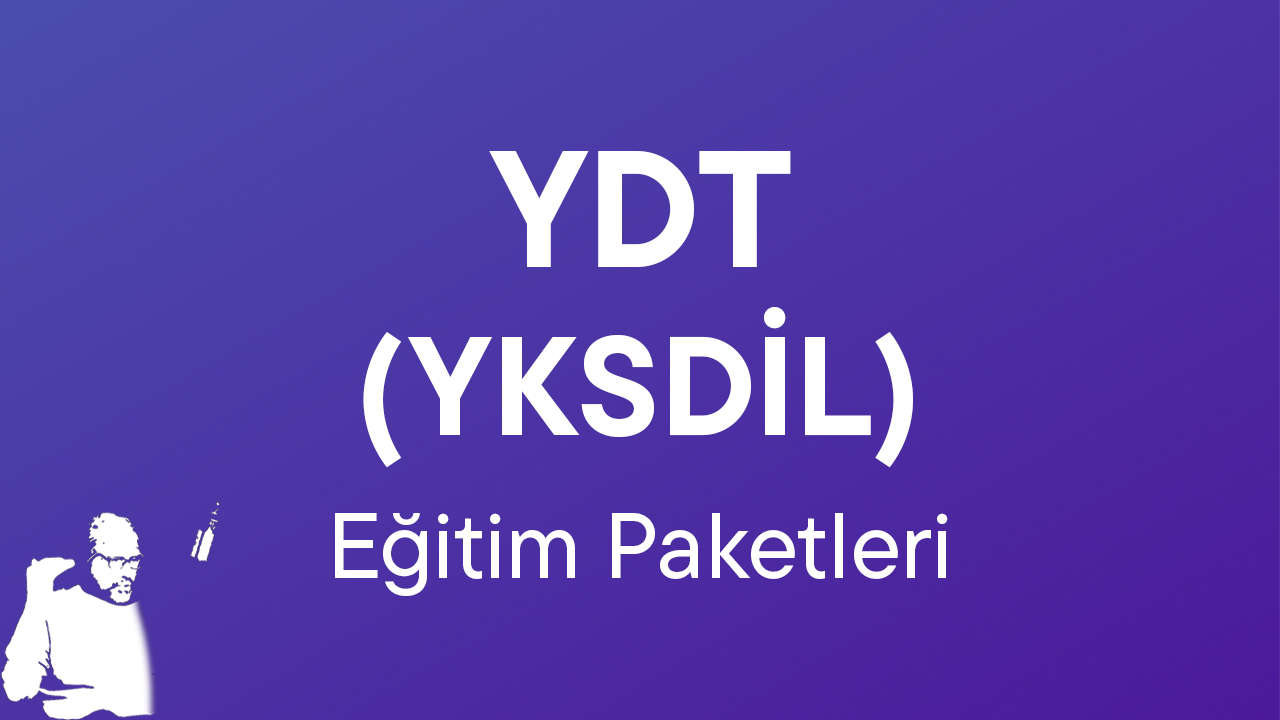
Top 10 language learning tips
So you’re thinking of learning a new language? The first thing you might be thinking is “where do I start?” Are text books the best option? Or speaking with locals? Read on to discover our top 10 tips for learning a language.
Top 10 language learning tips
Figure out what’s essential and begin there
Especially when you’re overwhelmed with a new language at the beginning, step back and remind yourself why you’re learning it. You’re more likely to learn and retain things related to your interests and needs. If pronunciation is important to you, start there; if you need business English for your job, start with important terms you have to know; if you need to be able to converse quickly, learn the most common phrases first.
Take notes and look up words
Keep a notebook or vocabulary book and record all the words you don’t understand–while studying, watching TV in the foreign language, or talking to people. Look up the words and phrases you come across, then study them to retain them. When you’re staying or working in a foreign country, chances are the things to which you’re exposed daily will move your language learning forward if you pay attention.
Detect pronunciation patterns
The mimicking method is to detect pronunciation patterns in a foreign language similar to your native language to learn these first. An easy beginning is to look for cognates and figure out the difference in pronunciation, as with “destiny” and “destino” in English and Spanish, for example. All Latin-based languages have similar pronunciation patterns based on their Latin origins. Similarly, case endings in Russia rhyme with another. Knowing little things like that allows you to “guess” a lot of pronunciation.
Set up a routine for language learning
Any kind of learning becomes easier in a recurring setup, and it’s the same for learning a new language. Devise a schedule for study and practice around the other commitments in your life. Keep in mind that all of us are different types of learners. To stick to your routine, be feasible and realistic. Ideally your routine will cycle through the same things, i.e. vocabulary, pronunciation, grammar. Set your study time apart as non-negotiable time, and if you have to miss a session, make sure to never miss more than one in a row.
Intensify your studies instead of lengthening them
Study smarter, not harder is an adage that holds true for learning a new language in two ways: a shorter study session is more beneficial if you’re really focused instead of eyeing the clock, and an overall shorter, but intense period is better for retaining than a lengthy period of spaced out lessons. If you can, allot a short period of intense studying than committing to just one lesson per week for a couple of months.
Talk to learn a language: immerse yourself in conversation
For the time of your intense studies, avoid your native language buddies if you can and instead immerse yourself in conversation in the foreign language any chance you get. Speak up about questions and doubts, and get as much practice as possible. Language is for communication, so seize every opportunity to do so. In addition, you can challenge yourself to repeat phrases in your head and try out that inner monologue in your head in the new tongue.
Find a language exchange partner to practise
Get together with a native speaker who can teach you the foreign language and wants to learn yours. Language exchange partners are great because you’re both dedicated, but also having to explain the particularities of your own language opens up new ways of thinking and analysing language from which you’ll benefit in your studies. A language exchange in person is also a chance to watch a native speaker in close-up: pay attention to how they form and pronounce words and communicate through other means as well.
Watch, listen and read to learn a new language
Watching, listening, and reading in a foreign language is great for picking up details, common usage of words and phrases, as well as cultural cues and context. Foreign language films with subtitles and bilingual editions of books are great for beginners. If you’ve picked up a little already, you can listen or watch the news and start reading newspapers and articles in the language you want to learn.
Break down goals into small sessions
If you constantly remind yourself of the end goal or tell yourself that you need to be fluent in a foreign language, you’re likely to become frustrated or get stuck. Studies show that breaking down tasks into manageable chunks helps you accomplish more quicker. Pick something concrete: 20 important irregular verbs, 50 useful phrases, 100 cognates, 5 pronunciation rules, and dedicate the time you can afford to the task. The smaller your goals, the more you can cross off quickly to feel good about yourself!
Stay focused on learning the language
You have to be consistent in your studies to reach your goals. Stay focused on why you want to learn the new language, celebrate your victories, and track your progress. Narrowing your focus on small tasks (see above tip!) will help you stay on track. To stay motivated, it’s useful to look at the breadth of learning and subject matter you’ve already covered rather than the depth, because there’s always the opportunity to go deeper and deeper. And if you’re having a bad day, forget about progress and do a fun exercise to rekindle your enthusiasm!








